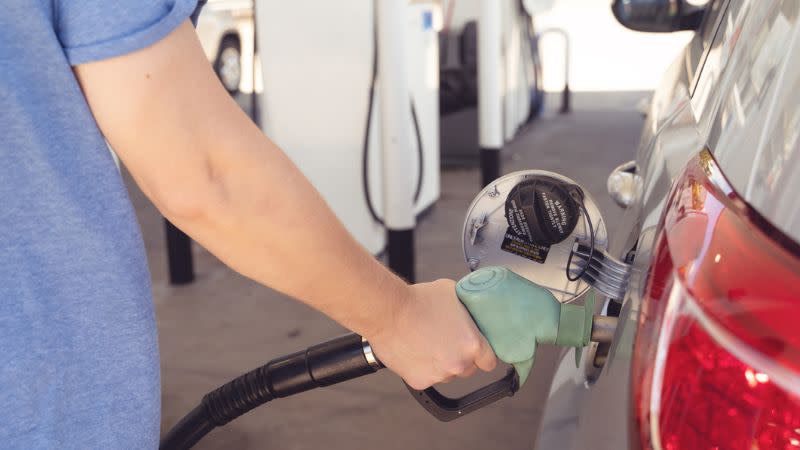Housing Cost Rises Slow as Inflation Climbs

The rate of housing cost rises has slowed but not enough to help inflation maintain a downward trend.
According to the ABS, the monthly Consumer Price Index indicator rose to 5.2 per cent in the 12 months to August 2023.
ABS head of prices statistics Michelle Marquardt said the month’s annual increase of 5.2 per cent was up from 4.9 per cent in July.
“Annual inflation remains below the peak of 8.4 per cent in December 2022,” she said
The most significant contributors to the August annual increase were housing (up 6.6 per cent), transport (up 7.4 per cent), food and non-alcoholic beverages (up 4.4 per cent), and insurance and financial services (up 8.8 per cent).
New home prices rose 4.8 per cent—the lowest annual rise since August 2021, as building material price increases continued to ease, reflecting improved supply conditions, according to the ABS.
Rent prices rose 7.8 per cent in the 12 months to August, up from 7.6 per cent in July, as the rental market remains tight.
“CPI inflation is often impacted by items with volatile price changes like automotive fuel, fruit and vegetables, and holiday travel,” Marquardt said.
“It can be helpful to exclude these items from the headline CPI to provide a view of underlying inflation.
“When excluding these volatile items from the monthly CPI indicator, the annual rise of 5.5 per cent in August is lower than the annual rise of 5.8 per cent in July.”
The annual increase for housing of 6.6 per cent was lower than the 7.3 per cent increase in July.

Electricity prices rose 12.7 per cent and gas prices rose 12.9 per cent in the 12 months to August, reflecting increases in wholesale prices.
Rebates from the Energy Bill Relief Fund introduced in most cities from July reduced the impact of electricity price increases for eligible households.
Automotive fuel prices rose 13.9 per cent compared to 12 months ago. In monthly terms, fuel prices rose 9.1 per cent in August.
“The annual movement for automotive fuel remains volatile, partly reflecting price changes from 12 months ago, when automotive fuel prices fell 11.5 per cent in August 2022,” Marquardt said.
“Price rises this month, combined with base effects, have seen the annual movement for automotive fuel increase 13.9 per cent in August, compared to a fall of 7.6 per cent in July.”
Food and non-alcoholic beverages rose 4.4 per cent in the 12 months to August, down from the 5.6 per cent annual increase in July and is the lowest annual increase since February 2022.
“Food inflation continues to ease although differences remain across the food categories,” Marquardt said.
“Prices for bread and cereal products, and dairy products have risen more than 10 per cent in the past 12 months, while fruit and vegetable prices are 8.3 per cent lower compared to 12 months ago due to improved growing conditions.”













